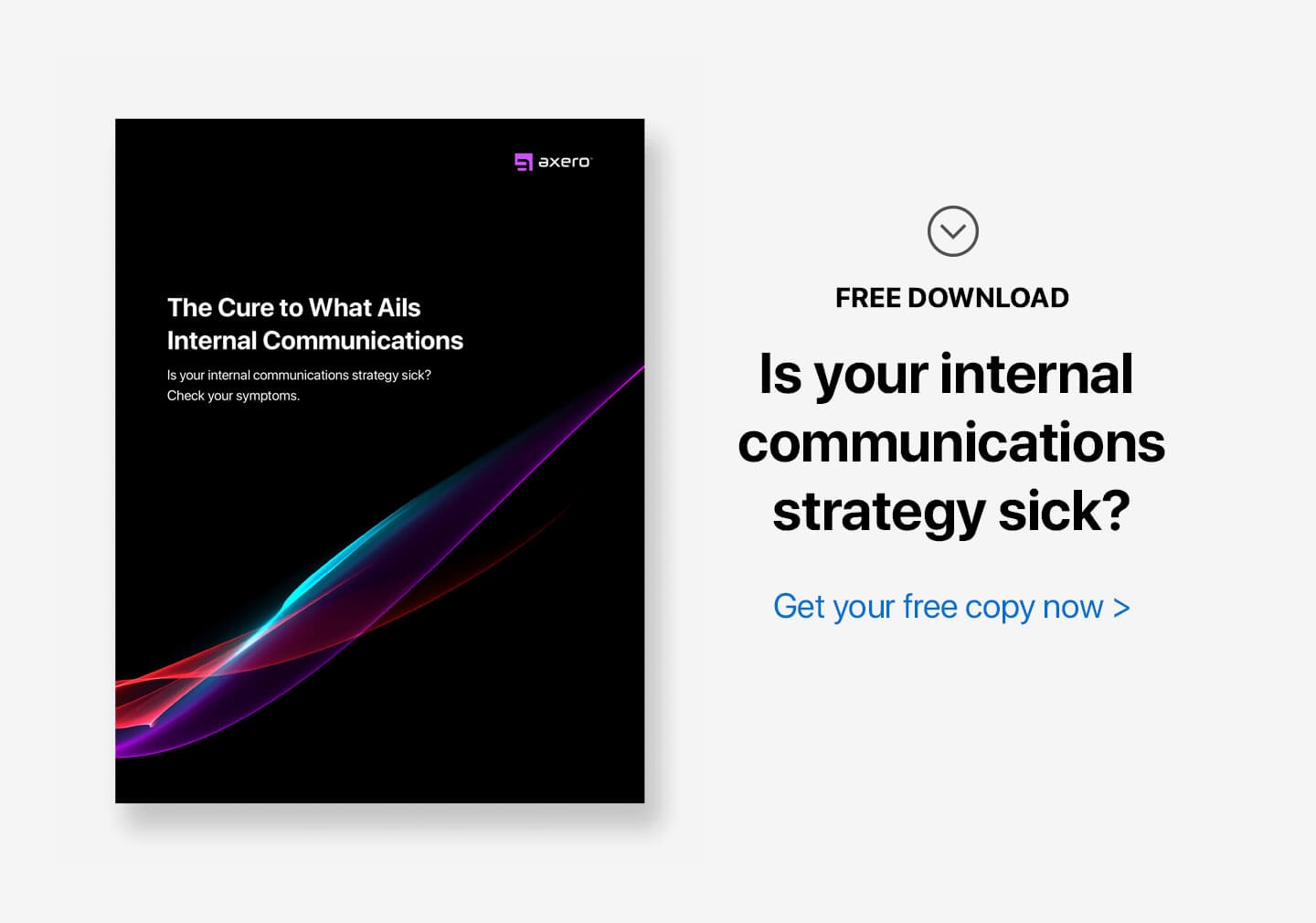“How do I enable teams and organizations to understand the importance of effective listening in communication?”
— Principal Facilitator
Try shorter sentences??
The Principal Facilitator has a point. Teams and organizations could avoid many circular and tangential conversations if everyone shut up and listened to what everyone else had to say. But before he can help them help themselves, one thing needs to happen. Somebody needs to listen to him.
I suspect this is the real challenge behind his and many other complaints I get when I ask, “What’s your Biggest Challenge at Work?” For example, any challenge that starts with “getting people to…”
“Getting people to accept change.”
“Getting people to actually read email messages.”
“Getting people to be fast.”
“Getting people to commit.”
“Getting people to cough up the dough.”
“Getting people to have big dreams.”
“Getting people to use corporate systems.”
“Getting people to work together.”
Behind every one of these is a leader who does not feel heard, understood, or connected to his people. It’s a problem for all of us who want to influence and persuade. We have to deal with our words falling on deaf ears.
If there’s one lesson to learn from our plight, it’s this: none of our ideas stand on their own merit. To command an audience—even of one person—we must first show what’s in it for them. And that’s not according to our ideas, but theirs.
Seeking to understand before being understood is the hard part of being a leader. I’ve covered it in one of my older posts, Engage Like a Cult Leader. Unfortunately, this skill can take years to master. So, here’s a shortcut: if you want to be a leader, look like one.
I didn’t always know what it took to look like a leader. In fact, I had been working on it for years with very little to show for it. That is, until I read an article in Forbes that spelled it all out and backed it up with research. It’s called “Ten Guaranteed Ways To Appear Smarter Than You Are.”
Here are the strategies from the article. If the studies are correct, our Principal Facilitator can improve his chances of success by following one or more.
1. Don’t drink and persuade.
This was a new one for me. I thought the opposite was true, but a study by the University of Michigan and the University of Pennsylvania says that when people see you consume alcohol, they assume they know more than you do.
2. Stock up on middle initials.
I’m not kidding. The article claims that the more middle initials you use, the smarter you sound to people.
“In one study, participants were asked to read and rate Einstein’s essay on the theory of relativity, with authorship being attributed to either David Clark, David F. Clark, David F. P. Clark, or David F. P. R. Clark. Not only did David F. Clark get higher ratings than David Clark, but David F. P. R. Clark outdid them all…”
3. Use graphs.
How about the average salary of good listeners vs. bad? That should grab their attention!
4. Be confident.
Who wouldn’t be when armed with a graph and a bunch of middle initials? But, just in case self-doubt is a habit of yours, remember to leave it at home when talking to teams and organizations about effective listening.
5. Use plain language.
Especially when explaining your graphs. Put up a busy-looking slide and then describe it in a few words. People will think you are a genius. However, doing the opposite—using a lot of jargon to make a simple point—will destroy that impression.
6. Talk like a prescription-drug commercial.
You may have always suspected it, but now you have proof. According to a communications expert quoted in the article, “If two speakers utter exactly the same words, but one speaks a little faster and louder and with fewer pauses and greater variation in volume, that speaker will be judged to be more energetic, knowledgeable, and intelligent.”
7. Look your audience in the eye.
This is a great tip. And it’s a little trickier than it sounds, especially when talking to groups. Make eye contact with as many people as possible by focusing on one person at a time.
8. Wear glasses.
If you have 20/20 vision, too bad. The article says,
“Research shows that people wearing glasses—especially thick, full-framed ones—are perceived as being more intelligent…”
9. Don’t be too slow or too fast.
Since most people are not good at listening, they use all sorts of secondary data to judge your intelligence. Here’s another bizarre one:
“… research conducted at Boston University shows… our tendency to attribute greater intelligence—based on mental attributes like consciousness, awareness, and intention—to people who do things at about the same speed as everyone else.”
10. Wear something, preferably a lab coat.
Don’t show up to a meeting wearing just glasses. “Extensive research shows that how you dress affects how people see you. Dressing well makes you seem more intelligent, and showing skin makes you seem less intelligent.” But it’s not only a matter of perception. Certain clothes can give you an edge. “A recent study by Northwestern University found that making people wear lab coats improved their performance in tasks that required intelligence and concentration.”
What our Principal Facilitator is up against is no small challenge. He would be smart to pay attention to details, like his appearance, presentation, behavior, and confidence level. However, he must also embody the virtue he is eager to impart. People listen best when they feel heard. Help them out.
____
If you want people to listen to you, you might like my book, because it proves you right!












 info@axerosolutions.com
info@axerosolutions.com 1-855-AXERO-55
1-855-AXERO-55


